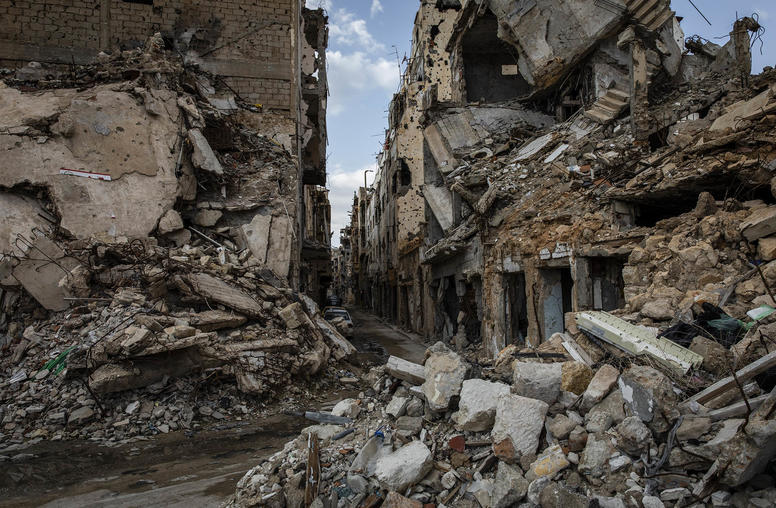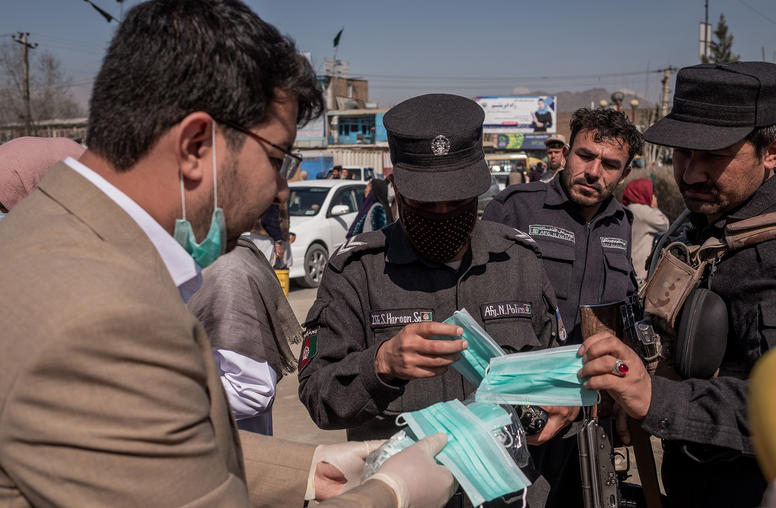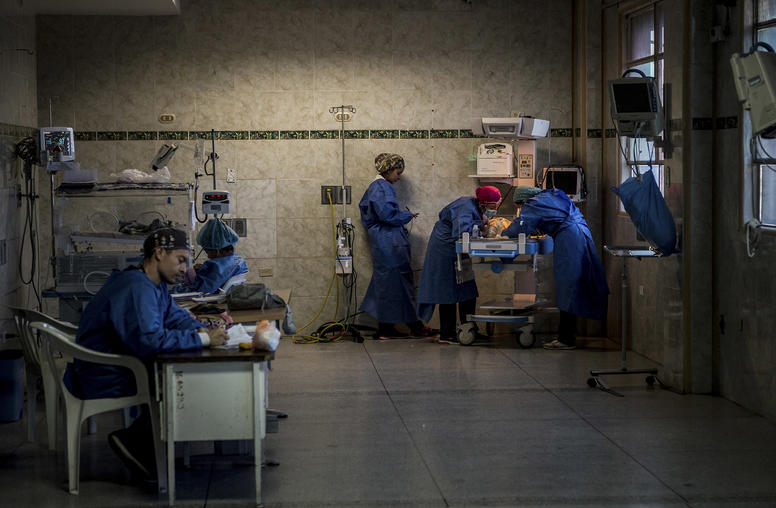Past Events

COVID in South Asia: Regional Responses
USIP and experts from Bangladesh, India, Pakistan, and Sri Lanka discuss states' responses to the coronavirus pandemic across the region and what countries can do to maintain and restore their economies, health systems, and citizens’ trust in elected officials.

Harnessing Coronavirus for a Peaceful and Prosperous Africa
Representatives of the African Union Commission and the African Diplomatic Corps, and other experts discuss the African Union’s efforts to mobilize the fight against coronavirus while still alleviating threats to human security and international peace.

People Power in a Pandemic: How Movements are Confronting COVID
Activists and peacebuilders from South Sudan, Syria, and Venezuela discuss how nonviolent movements are confronting and adjusting to their new operating environments, how they are spreading awareness about the virus and safety measures in their communities, and how they envision the post-coronavirus era in their societies.

Pakistan's Coronavirus Crisis: Provincial Perspectives
Observers from all four of Pakistan's provinces discuss each province’s on-the-ground situation, the various provincial government responses, and what we can expect to see in the coming months.

Conflict and the Pandemic: Tackling COVID-19 in Fragile Settings
Representatives from USIP and the World Bank Group discuss international efforts to respond to the first- and second-order impacts of the COVID-19 pandemic in fragile states.

Pakistan’s Coronavirus Crisis: Impact and Solutions
View the webcast of a discussion on the economic, political, and governance impacts of the COVID-19 crisis in Pakistan as well as potential long-term solutions.

Coronavirus and Conflict: The Security Sector Response
View the webcast featuring recommendations for creative solutions on how to respond to the confluence of coronavirus and conflict.

The Impact of Coronavirus on North Korea
View the webcast from USIP's online discussion with experts on the latest information regarding the COVID-19 situation in North Korea, the impact of COVID-19 on North Korea’s isolation vis-à-vis the international sanctions regime, the potential for instability in North Korean society, and the potential for sanctions relief to aid coronavirus response efforts.
















